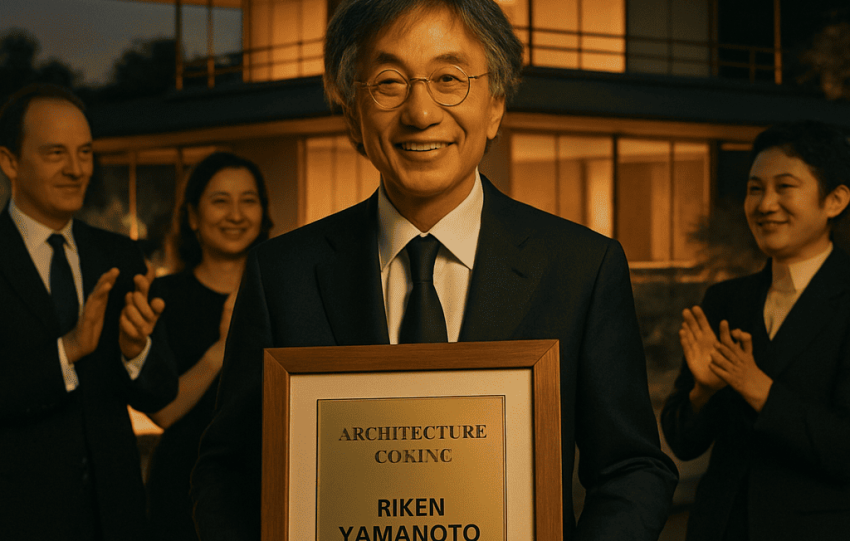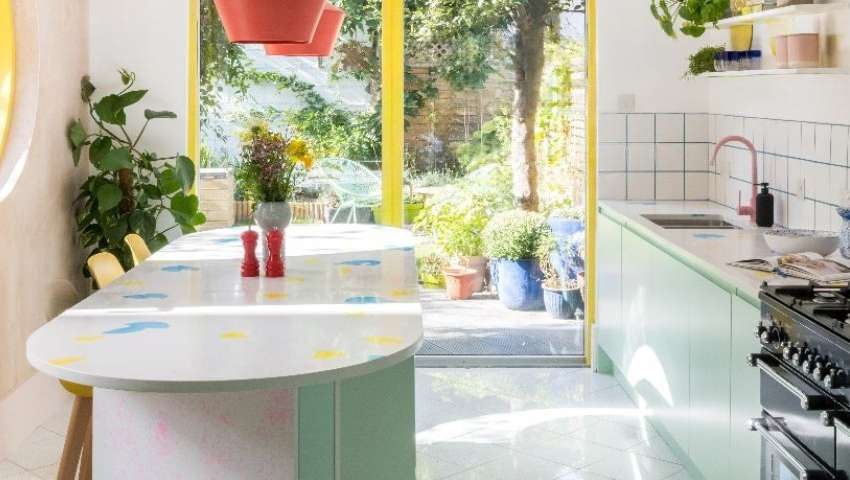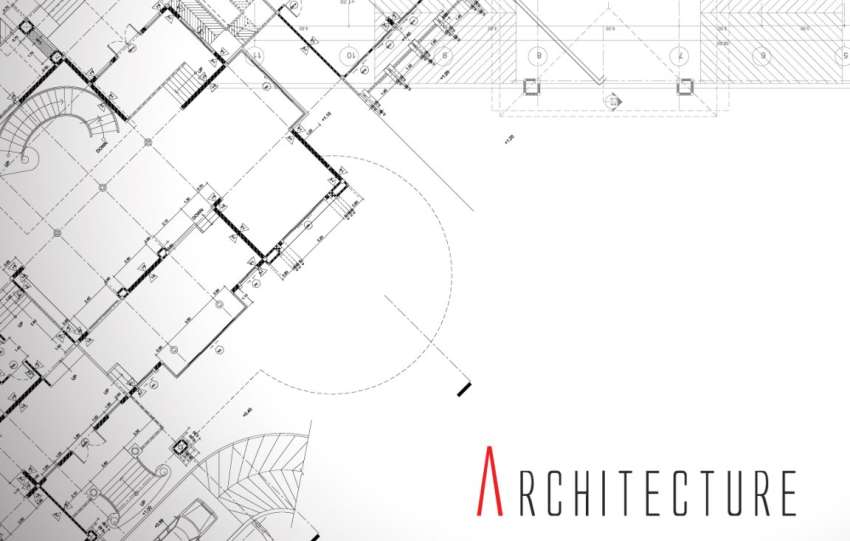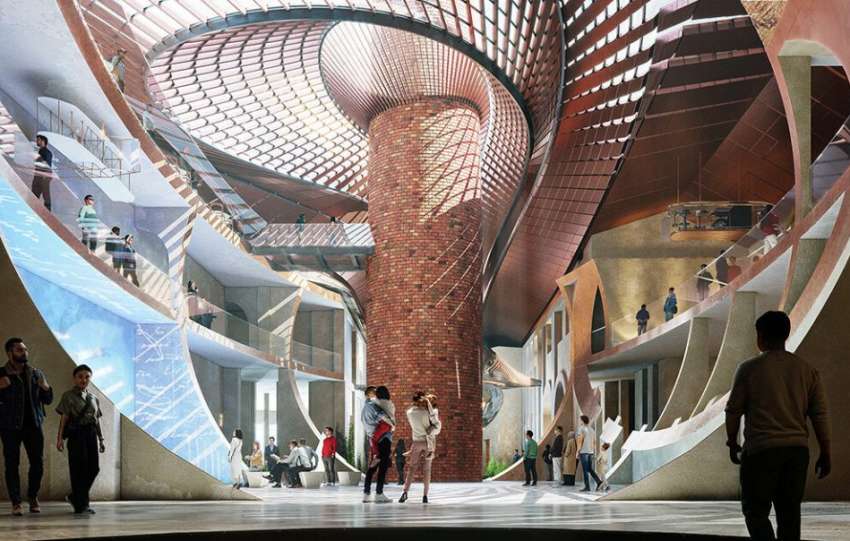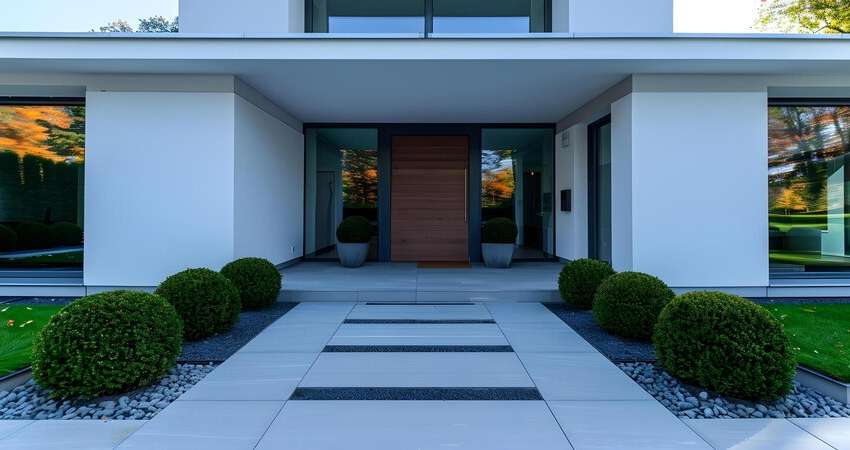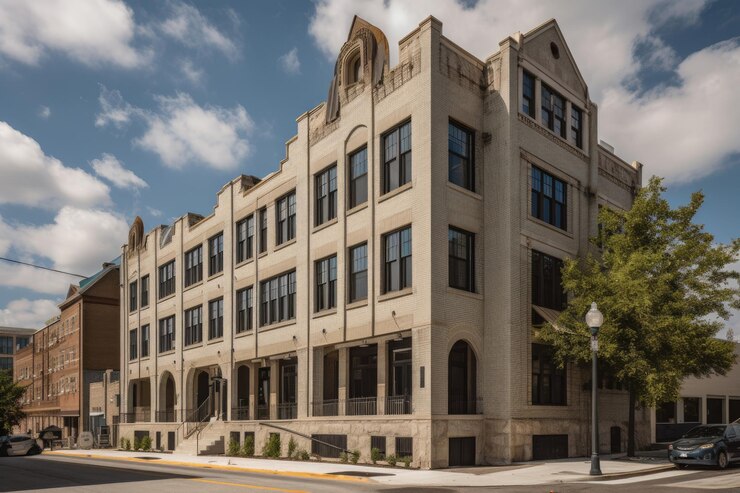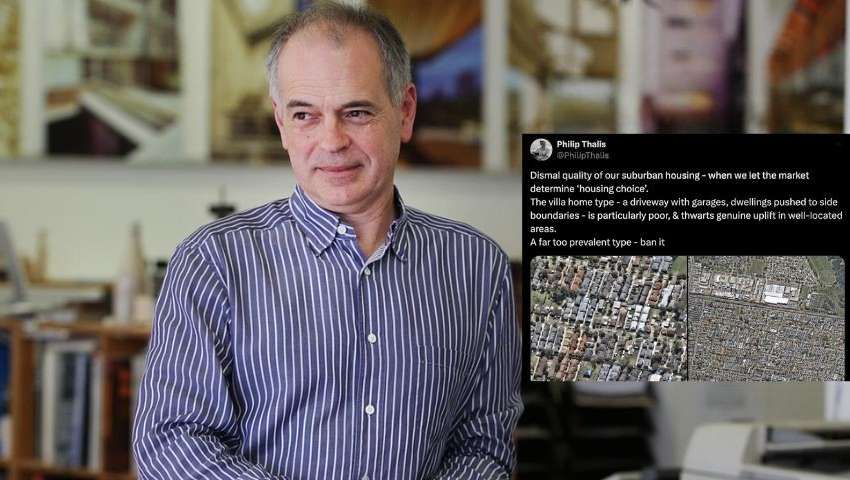Japanese architect Riken Yamamoto has been awarded the 2025 Pritzker Architecture Prize, the world’s most prestigious accolade in the field, for his forward-thinking contributions to housing design in Japan. This honor celebrates Yamamoto’s visionary work in creating residential spaces that foster social connection, transparency, and communal living while adapting traditional concepts to the needs of…
